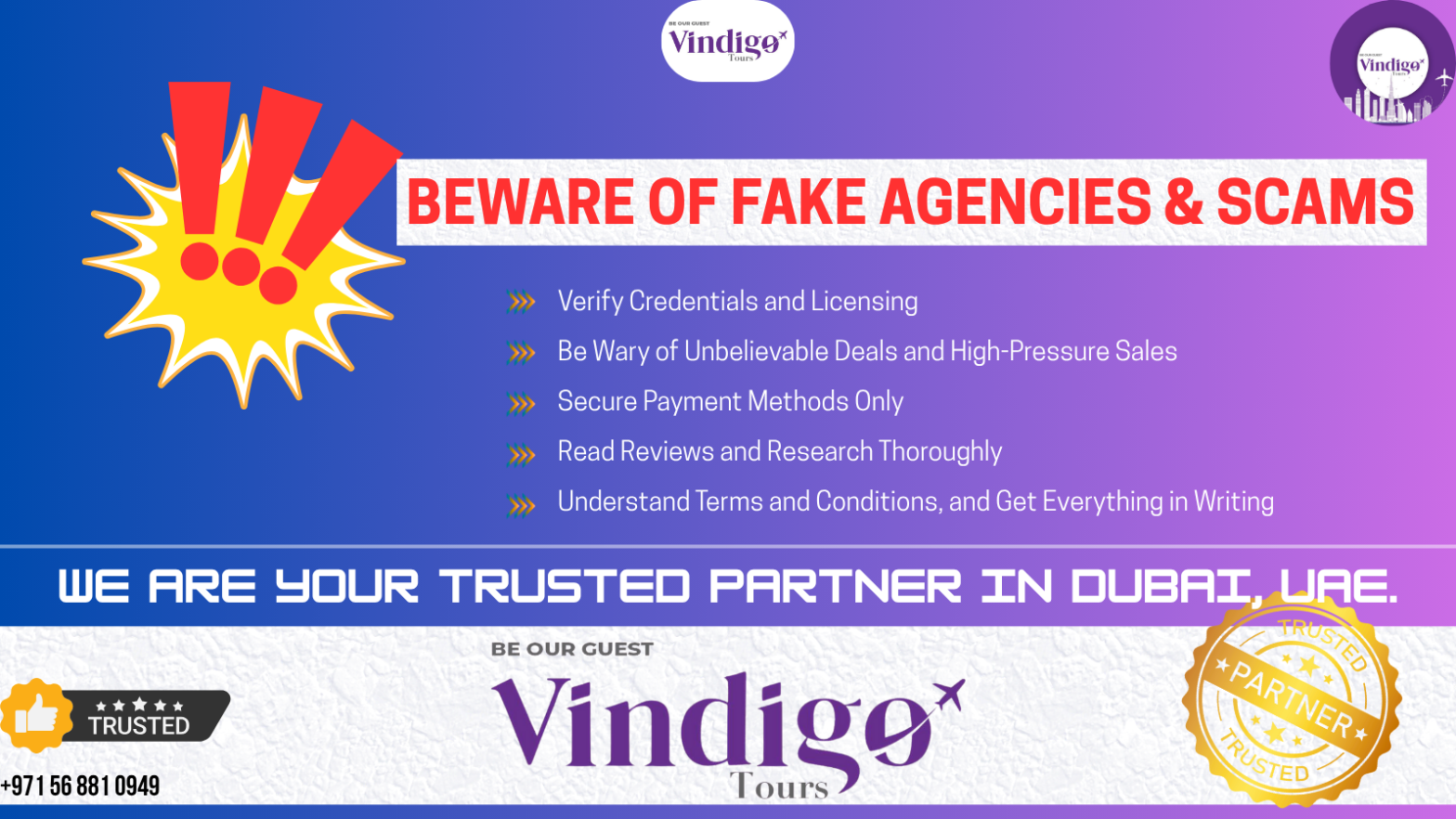
Exploring Scams, Fake Agencies, and Exploitation in the Global Visa Market
The allure of international travel is undeniable. From the pristine beaches of Thailand to the historic streets of Rome, the world beckons with promises of adventure and discovery. For countless adventurers, securing a tourist visa is the essential first stride toward international exploration.
While often a straightforward process, a darker underbelly exists within the global visa market a realm rife with scams, fraudulent agencies, and insidious exploitation that can turn a traveler’s dream into a nightmare. This post delves into the murky world of visa fraud, exposing the tactics of scammers and offering essential advice to protect yourself.
The Temptation of the “Easy Visa”: How Scams Begin
In an interconnected world, information travels fast, but so do misinformation and malicious intent. Scammers exploit our desire for quick fixes and the stress of complicated visa applications.
They often target individuals from countries with stricter visa requirements, promising expedited processing, guaranteed approvals, or even visas to otherwise restricted destinations – all for a hefty fee, of course.
The most common starting point for many visa scams is the internet. Unofficial-looking websites mimicking government portals, social media ads promising “guaranteed visas,” or unsolicited emails are typical lures. These platforms are designed to appear legitimate, often using official-looking logos, government seals (often outdated or poorly rendered), and persuasive language that preys on a traveler’s hopes.

Common Scams and Their Modus Operandi
These are arguably the most prevalent. Scammers often design elaborate websites that closely mimic official embassy or government visa application sites.Travelers, seeking an easy online application, input their personal details, passport information, and credit card numbers. The data is then stolen, and the “visa fee” disappears into the scammer’s pockets. The victim either receives a fake visa (which will be rejected at the border) or nothing at all, only realizing the deception when it’s too late.
“Guaranteed Visa” Agencies:
Many legitimate travel agencies assist with visa applications. However, fraudulent ones take this a step further by guaranteeing a visa, regardless of eligibility. They might claim to have “special connections” or “inside access” to embassies. They charge exorbitant fees for services that are either entirely bogus or simply involve submitting a standard application that would likely be rejected anyway, leaving the traveler out of pocket and without a visa.
Fake Job/Study Visa Conversions (Tourist Visa as a Pretext):
This is a more elaborate and dangerous scam, often targeting individuals from developing countries desperate for opportunities abroad. Scammers advertise fake job offers or study programs, requiring the applicant to first enter the country on a tourist visa. Once inside, the promised job or course never materializes. The victim is then often coerced into illegal work, forced into debt, or left stranded with no legal status and no way to return home.

"Express" or "Urgent" Visa Scams:
Visa Lottery/Sweepstakes Scams:
While some countries have legitimate visa lotteries (like the US Diversity Visa Lottery), scammers create fake versions. They notify victims via email or mail that they have “won” a visa lottery and must pay a “processing fee” or “tax” to claim their prize. There is no prize, only a transfer of funds to the scammers.
Biometric Data and Identity Theft:
Some sophisticated scams involve collecting biometric data (fingerprints, facial scans) under the guise of a “visa processing requirement.” This information can then be used for identity theft, creating fake documents, or even more nefarious activities.
Preying on last-minute travelers or those with tight schedules, these scams promise incredibly fast visa processing for an extra premium. While some official channels offer expedited services, scammers exploit this by charging for non-existent fast tracks, or simply disappearing after payment.

The Devastating Impact on Travelers:
The consequences of falling victim to visa scams are far-reaching. At best, travelers lose money and time. At worst, they face:
Financial Ruin: Significant sums can be lost, sometimes savings of a lifetime.
Identity Theft: Stolen personal and financial data can lead to long-term issues.
Deportation and Travel Bans: Attempting to enter a country with a fake visa can lead to immediate deportation, blacklisting from future entry, and even legal repercussions.
Stranding and Exploitation: Victims might find themselves stranded in a foreign country with no legal status, vulnerable to exploitation, human trafficking, or forced labor.
Psychological Trauma: The emotional toll of being scammed, losing money, and having travel dreams shattered can be significant.

Protecting Yourself
Cross-reference information. Look up the official embassy or consulate website for the country you’re visiting and compare their requirements and recommended application procedures.
Reputable Travel Agencies: If using an agency, choose one with a long-standing reputation, positive reviews from multiple sources (not just their own website), and physical offices.
Government Advisories: Check your own country’s foreign affairs department for travel advisories and warnings about common scams in specific destinations.
By understanding their tactics, recognizing the red flags, and meticulously verifying every step of your application, you can safeguard your finances, your identity, and ultimately, your travel dreams from becoming a nightmare. Stay informed, be vigilant, and travel safely.

